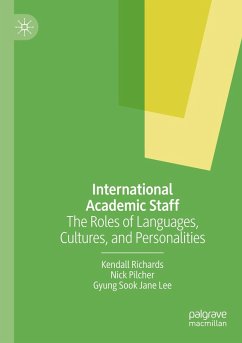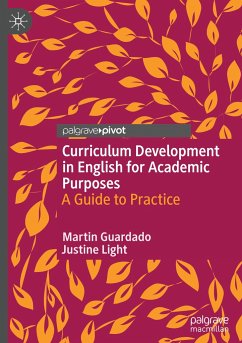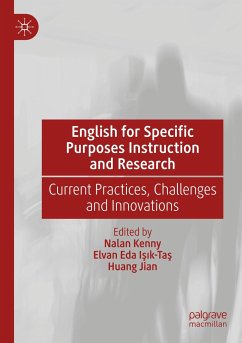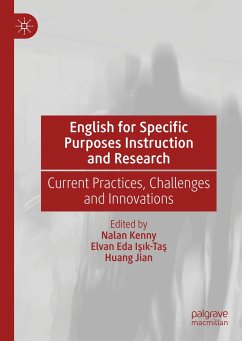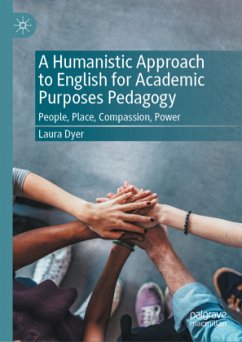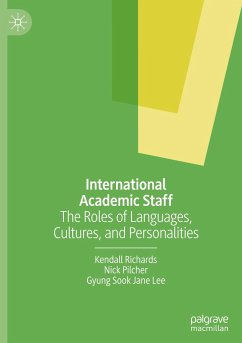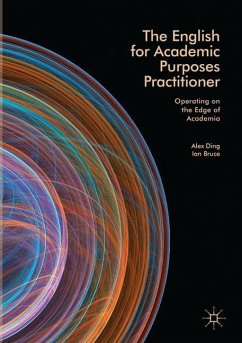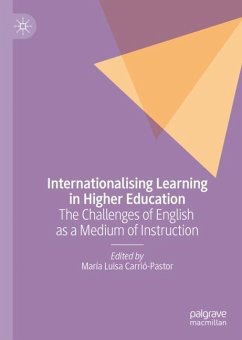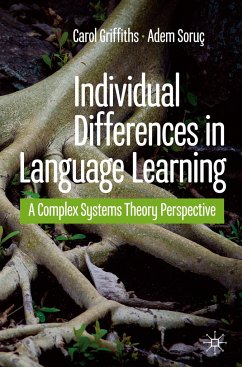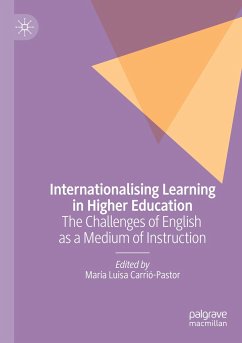
English for Academic Purposes in the EMI Context in Asia
XJTLU Impact
Herausgegeben: Zou, Bin; Mahy, Trevor

PAYBACK Punkte
57 °P sammeln!
This edited book focuses on English for Academic Purposes (EAP) within the English as a Medium of Instruction (EMI) context in Asia, with a specific emphasis on the impact of EAP at Xi'an Jiaotong-Liverpool University (XJTLU) in China. Celebrating over 15 years of EAP provision at the university, the authors showcase research and best practices in EAP across various academic disciplines and address the growing need for tailored EAP teaching resources in the EMI environment. The volume presents evidence of XJTLU's dedication to pedagogical innovations and to the professional development of its ...
This edited book focuses on English for Academic Purposes (EAP) within the English as a Medium of Instruction (EMI) context in Asia, with a specific emphasis on the impact of EAP at Xi'an Jiaotong-Liverpool University (XJTLU) in China. Celebrating over 15 years of EAP provision at the university, the authors showcase research and best practices in EAP across various academic disciplines and address the growing need for tailored EAP teaching resources in the EMI environment. The volume presents evidence of XJTLU's dedication to pedagogical innovations and to the professional development of its teaching staff, and includes studies of EAP pedagogies at undergraduate, taught Master's, and doctoral levels, with diverse instructional and innovative foci. This book will be of interest to teachers, researchers, postgraduate students, and university policy makers, as well as anyone with a background in English for Academic Purposes (EAP) or English as a foreign language (EFL) teaching.





